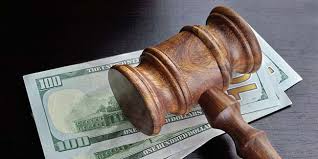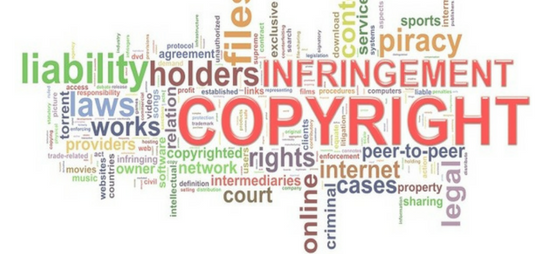In our previous blog: Attorney Fees-Who Is Supposed to Pay? we mentioned that it’s very important so specify in the contract that the losing party is going to pay for the attorney fee. But sometimes, the dispute just happen without any agreement.
Then what can we do? Maybe things are going to change in near future.
On July 18 of 2017, Qianhai Court (“the Court”) in Shenzhen made the first judgment implementing attorney fee shift system base the argument that what the Defendant have done before and after the action not only damage the Plaintiff’s legitimate rights and interests, but also lead to waste of judicial resources. The judge ordered the Defendant to pay to the Plaintiff 300,000 RMB attorney fee.
The case is a short-term financing dispute, where the Defendant failed to pay the 30 million RMB principal back to plaintiff. The Plaintiff then sued in Court in May 2016, requesting the Defendant to pay the principal, interest, penalty, and also bear the 300,000 RMB attorney fee which is going to be paid by the Plaintiff.
After the court hearing, the Court held that, according to related provisions on “damages” in the General Principles of Civil Law of the People’s Republic of China, the Plaintiff’s request of asking the Defendant to pay attorney fee due to his default is in line with the law. Further, the judge held:
1. There is justification for the Plaintiff to approach attorney for professional assistance.
The lawsuit involves how to decide the exact time for interest payment and the base for penalty calculation which all need professional knowledge. Besides, the Defendant raised a series of issues such as Plaintiff’s qualification as principal, etc, which makes it difficult for the Plaintiff, who in the absence of litigation skills, to handle such issues without any professional assistance.
2. Defendant’s acted dishonestly.
During the legal proceedings, the Defendant raised jurisdiction objection without sufficient reasons, and failed to follow the Court’s guidelines to submit evidence before the deadline, which affected the progress of the lawsuit, and resulted in the Plaintiff’s huge funds being occupied by the Defendant continuously. All these dishonest litigation act also lead to judicial resources to be wasted unnecessarily, thus, the Defendant should bear the Plaintiff—the non-fault party’s attorney fee.
3. The amount of attorney fee is reasonable.
Though the attorney fee has not been actually paid by the Defendant yet, but the amount of the fee does not exceed the reasonable scope stipulated by local authority, and the fee is indeed the Plaintiff’s loss caused by Defendant’s default, so Plaintiff’s request should be supported by the Court fully.
Actually, for a pretty long time, how to improve litigation efficiency and speed up litigation progress has always been bothering problems in China. Because of the low cost involved in litigation, there are all kinds of false litigations, malicious litigations, vexatious litigations which lead to huge waste of judicial resources and meanwhile, increased the non-fault party’s cost of litigation. However, the fault party don’t have to bear any consequence.

As early as in Sep of 2016, the Supreme Court of PRC gave out an opinion on “Optimizing judicial resources and improving judicial efficiency”. The opinion says: “ If any obvious misconduct, such as abusing the right of action and delaying to perform obligation of litigation, result in direct loss of the opposite party or any third party, the court may order the fault party to pay reasonable attorney fee paid by the non-fault party.” It seems that Qianhai Court has done a meaningful try. It helps to increase the cost of illegal act to a certain extent, as a result, helps to deter illegal acts in long run.



